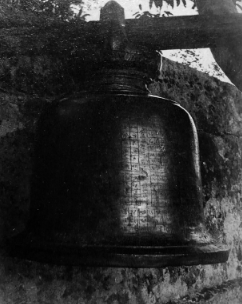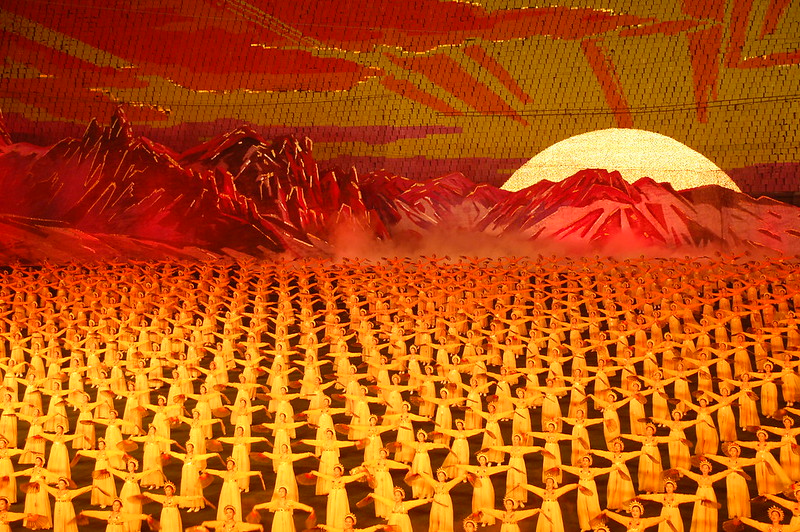The Journal of the Society for Asian Humanities (JOSAH) is the flagship publication of the Australian Society for Asian Humanities and has been issued continuously since 1960. It is the oldest journal on Asia currently published in Australia.
E-texts are available through INFORMIT while printed copies can be obtained by email to josaheditor@sydney.edu.au. Until vol. 51 (2019), its title was JOSA: Journal of the Oriental Society of Australia.
Current Issue

JOSAH Vol. 54
It is my pleasure once again to introduce the latest issue of the Journal of the Society for Asian Humanities. At a time when Humanities research is under threat from university administrations and culture warriors, it is significant to be able to present established and emerging scholars in Asia and Australia who represent outstanding scholarship in the field. The strength of the field is epitomised by the continual revitalisation of our editorial board and executive, and it is heartening to have the support of the global research community.Volume 54 features articles contributing new understandings of Chinese theatre history, a performance-based approach to intercultural music, analysis of late Ming homoerotic literature, queer literature from Taiwan, missionary importation of Chinese children to the Philippines in the nineteenth century, Song dynasty dream literature and Japanese television drama. The latter two articles are once again the result of our Emerging Scholars competition. As well as these regular articles, we have an expanded number of features. The A.R. Davis Memorial Lecture by Vera Mackie takes the form of a photo essay on Asia in the centre of Sydney. A special report by Bob Hudson describes magical elements in the archaeology of Mrauk-U, Arakan, Myanmar. And Cătălina Bălan and Josh Stenberg present translations of Chinese texts from the colonial period of the Netherlands East Indies.Sadly, we also include an obituary to Soumyendra Nath Mukherjee, who was an important figure for the journal, for the Australian Society for Asian Humanities and for the teaching of Asian Studies at the University of Sydney in the latter part of the twentieth century.
Promoting Asian Studies in Australia since 1956
The Australian Society for Asian Humanities promotes the knowledge of Asia in Australia and provide a venue for scholars working in Asian humanities to present their work to their peers and others interested in Asia. We regularly run lectures, discussions and exhibitions to encourage the study of Asian history and culture.
- Learn more about upcoming ASAH events in our events calendar.
- Find out about ASAH’s Emerging Scholar Award.
- Support ASAH activities by becoming an ASAH member.
